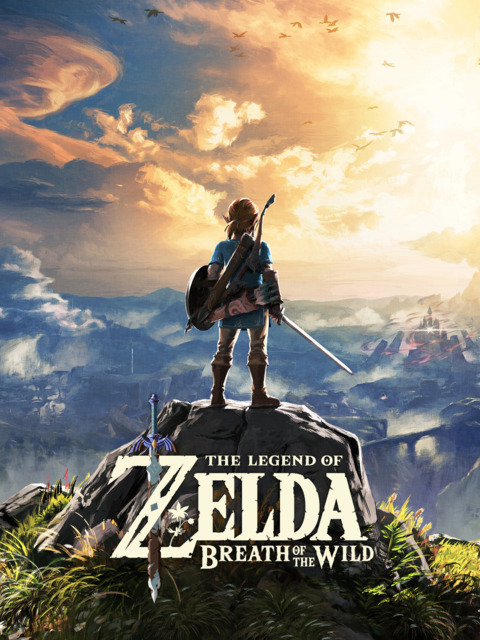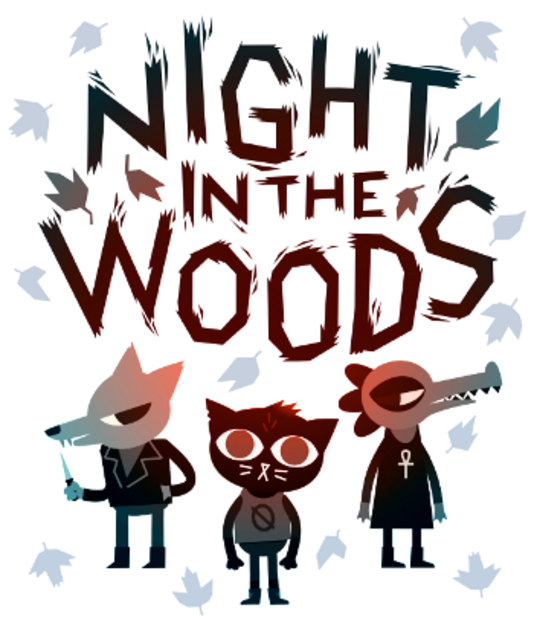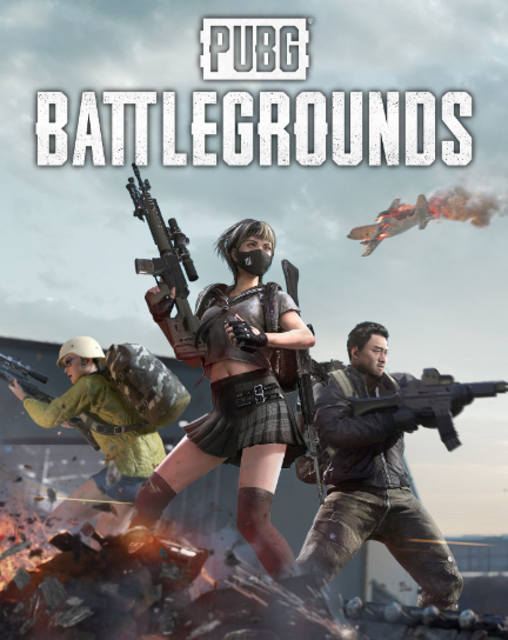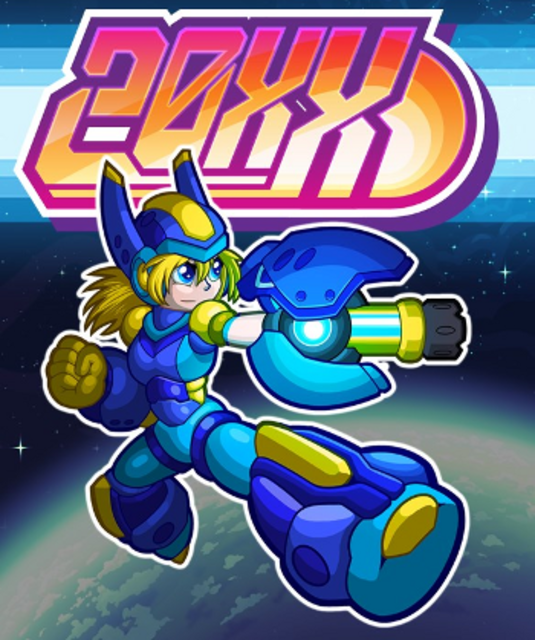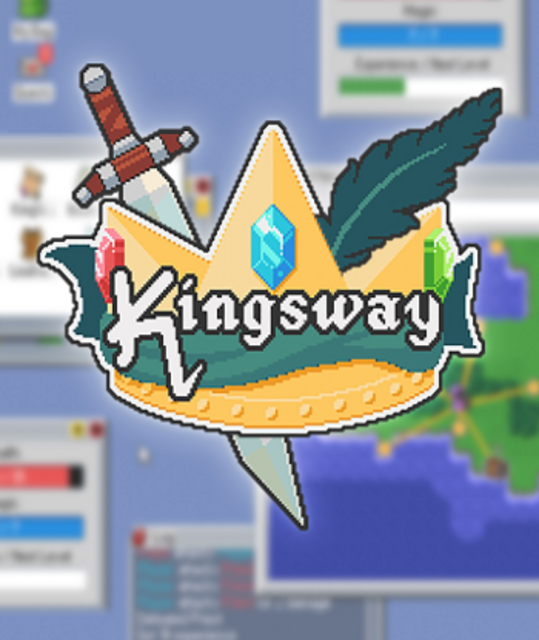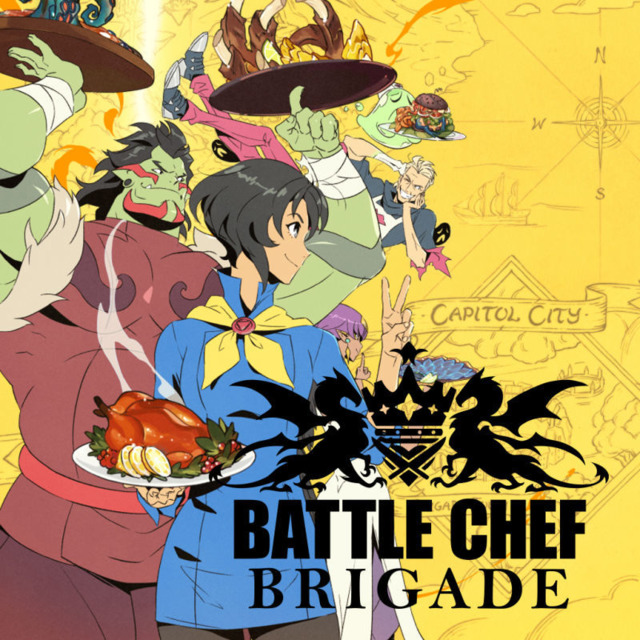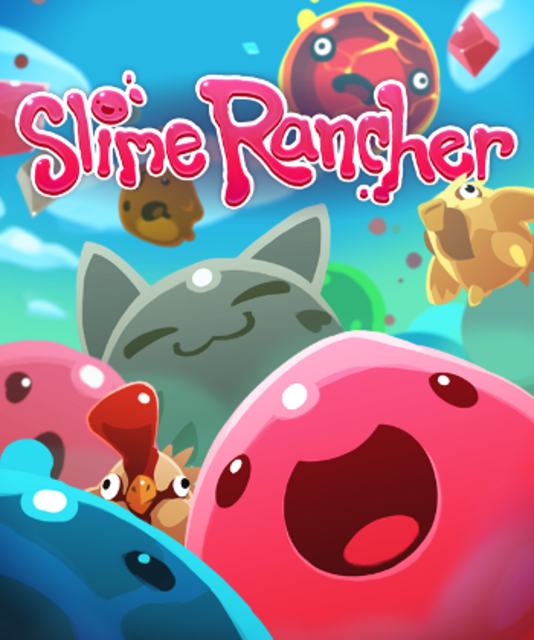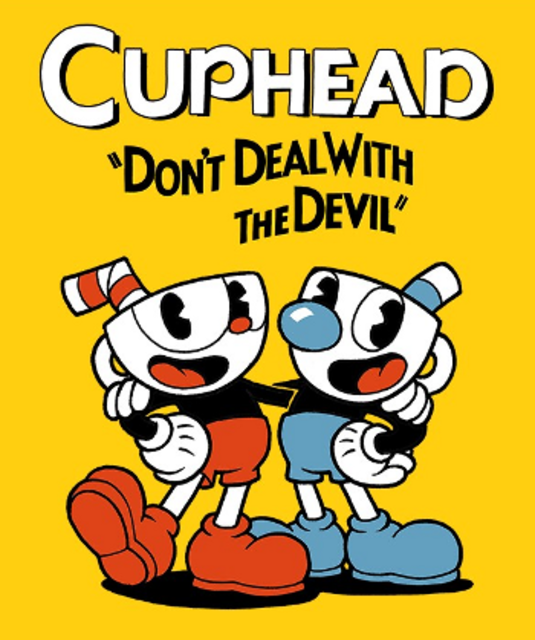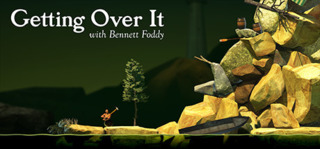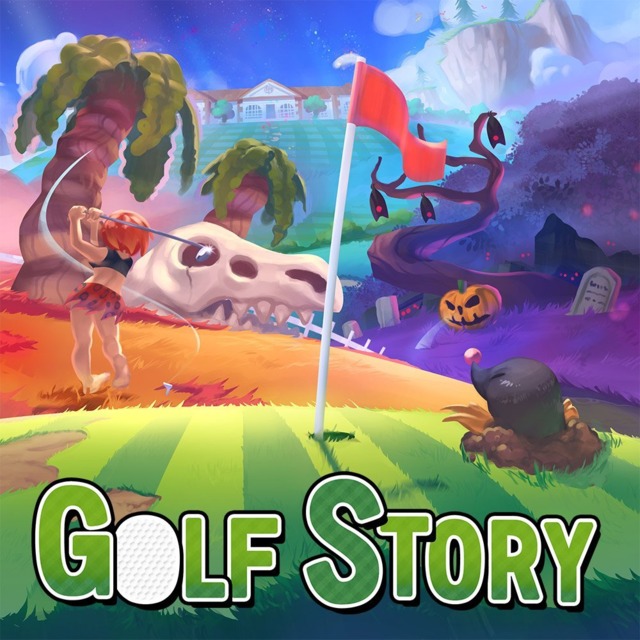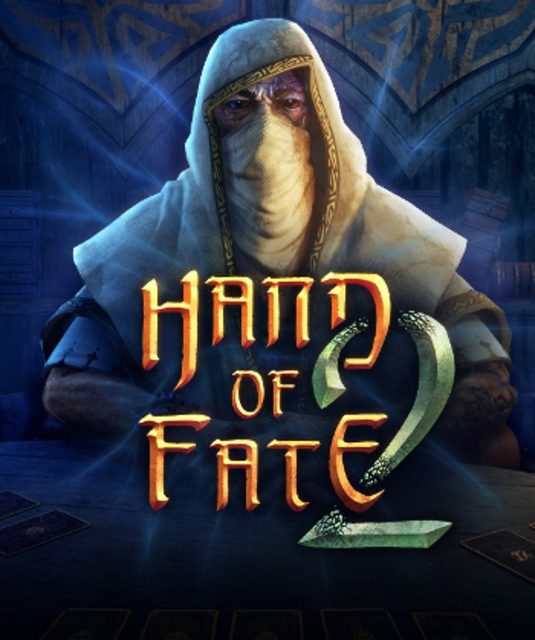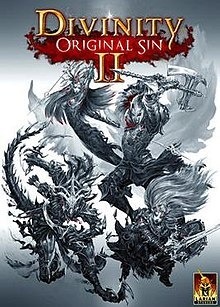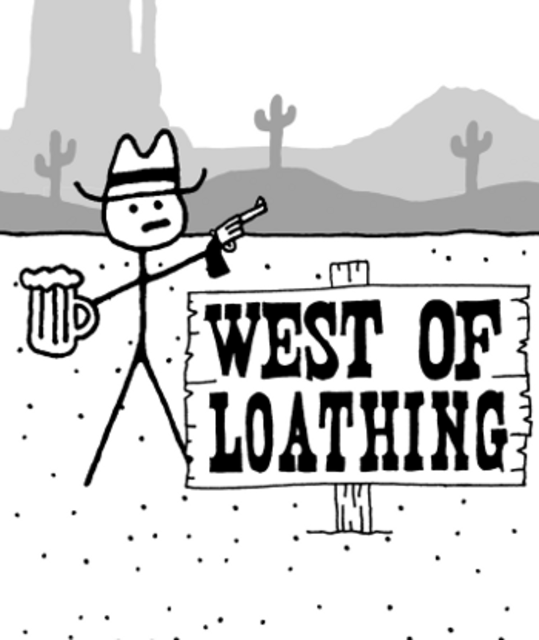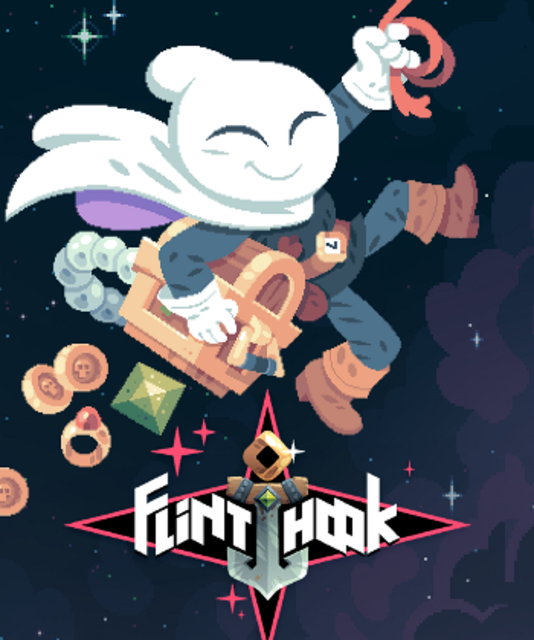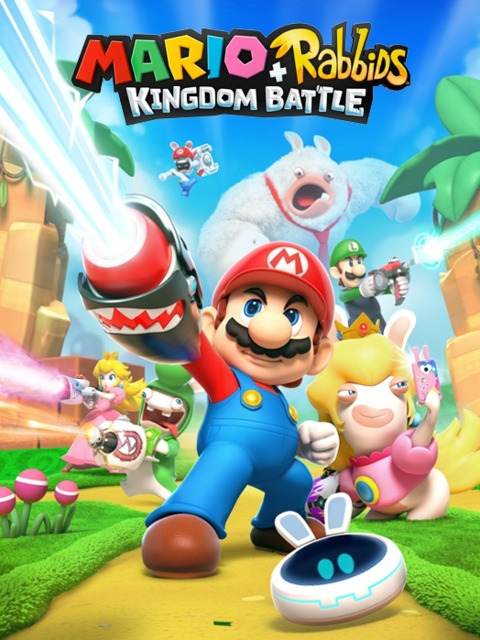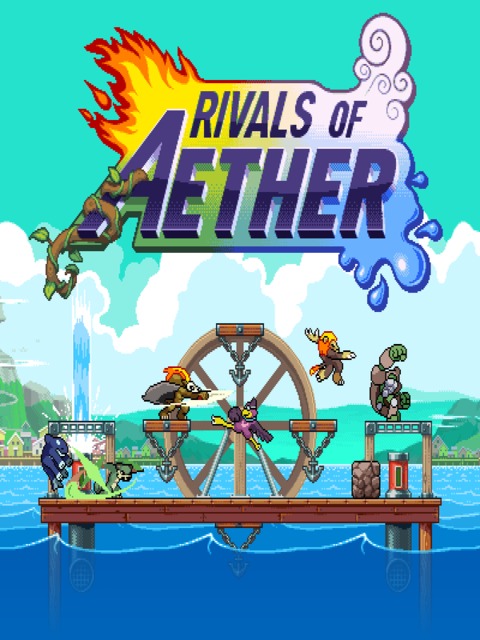Game of the Year 2017
In one of the best years for gaming, it was quite the task forming a list that accurately reflected my feelings on the year's releases. As a starting point, I decided to stick with games that were fully released this year (not in Early Access). The list below shifted around many times, especially spots 3-10, as I played more games and finished others. Also, I don't have a PS4, so Yakuza, Horizon, and Persona never even got a chance to be on the list. Maybe make your games more accessible? I hope you enjoy the list and I hope you argue with me on why I was wrong.
Honorable mentions:
- Cogmind - Kept from the list due to being in Early Access. A more traditional turn-based roguelike that is setting fire to the genre. In much the same way that NetHack has tons of little secrets that make the game finishable, Cogmind is packed full of secrets that add to the depth of the game. Unlike NetHack, you don't NEED to learn these secrets to win, but knowing them opens up a whole new set of skills that can be used to take down the dungeon. If you have any interest in traditional roguelikes, this is a must play game.
- Dead Cells - Also kept from the list due to being in Early Access. This is the must play Metroidvania roguelite for me. It controls like a dream. There is a very satisfying dodge roll that can be used to get behind opponents or dodge certain attacks. There are a variety of weapons that reward different play-styles (like doing damage over time, getting up close and personal with your opponents, parrying their attacks, keeping them at range, etc.). The development has been rapid fire and there are meaningful changes to the game every few months.


